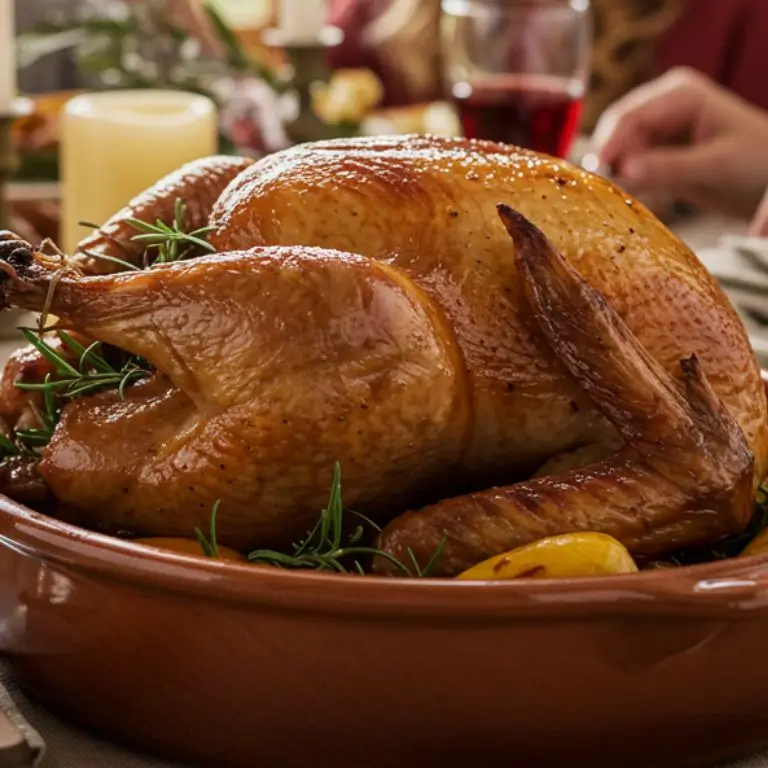When exploring the culinary realm of turkey, the age at which the bird is harvested significantly influences its flavor and texture. Young turkeys, typically processed at a younger age than their older counterparts, are often celebrated for their tenderness and juiciness. This characteristic is largely due to the finer grain of their meat, offering a more enjoyable eating experience during festive occasions.
Flavor Profile: Young vs. Older Turkeys
The flavor differences between young and older turkeys can be compared to the contrast between youthful wines and matured vintages. Young turkeys typically display a lighter, more delicate flavor, appealing to many consumers. Conversely, older birds may take on a stronger, gamier flavor due to their longer life and varied diets.
- Younger turkeys have a fresher and more vibrant taste.
- Older turkeys can bring out a complexity that some may find appealing.
- Preferences often vary based on personal taste and intended recipes.
For those aiming for a classic Thanksgiving feast that appeals to a broad audience, the modern consensus leans towards the youthful flavor profile of a young turkey.
The Implications of Purchasing Young Turkeys
Opting for a young turkey not only influences taste but also simplifies the cooking experience. The tenderness associated with young turkeys often results in reduced preparation time. This is because they need minimal brining or marinating to yield a flavorful dish.
- Young turkeys can be cooked using various methods: roasted, grilled, or deep-fried.
- Each cooking technique highlights the bird’s juicy qualities.
- Home chefs can explore and expand their culinary repertoire.
The ease of preparing a young turkey allows cooks to focus more on experimenting with flavors rather than solely on time-consuming techniques.
Cultural Perspectives on Young Turkey
Choosing a young turkey can reflect broader societal trends that value freshness and quality over mere quantity. In today’s climate, consumers place high importance on the origins and farming practices associated with their food. Many young turkeys are sourced from farms that emphasize humane treatment and sustainable practices.
- Opting for young turkey supports responsible agriculture.
- Consumers are increasingly discerning about their food choices.
- Ethical implications surrounding production can affect purchasing decisions.
Thus, the choice of a young turkey transcends mere flavor, representing a commitment to ethically sourced meat and mindful consumption.
Optimizing the Culinary Experience
To elevate the culinary experience when preparing a young turkey, consider these tips:
- Seasoning lightly to preserve the bird’s natural flavors.
- Cooking at lower temperatures for an extended period to maintain tenderness.
- Experimenting with various herbs and spices to create unique flavor infusions.
Young turkeys not only offer a delectable dining experience but also invite creativity in the kitchen.
Seasonal Importance of Young Turkeys
During significant occasions, such as Thanksgiving or family gatherings, the choice of a young turkey can elevate the dining experience. The attributes of a young turkey ensure that each meal becomes more than just a feast—it transforms into a cherished memory shared with loved ones.
In conclusion, whether one leans towards the tenderness of young turkeys or the complexity of older ones, understanding the flavors and characteristics can enhance your culinary journey. As you embark on future cooking adventures, consider how the attributes of young turkey can influence every aspect, from flavor to ethics, creating a richer narrative around your meals.

